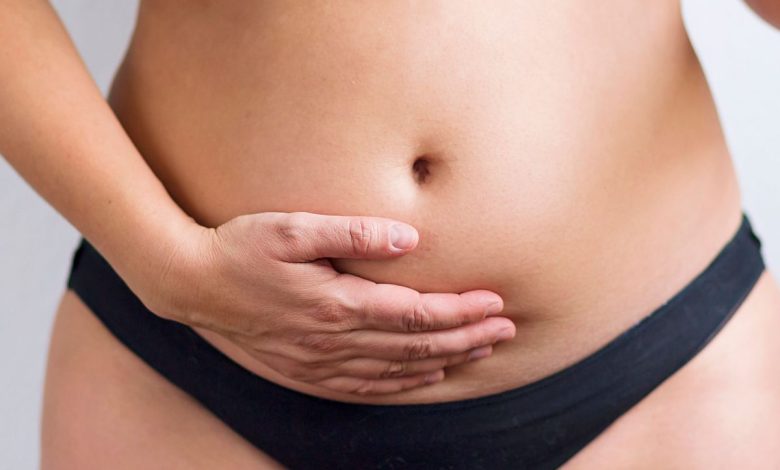Abdominal distention, flatulence: what is this, causes, symptoms, diagnostics, treatment, prevention

Abdominal bloating; Bloating; Flatulence
What is bloating?
Bloating is a condition, characterized by an unpleasant feeling of fullness in the abdomen, usually accompanied by gas and an increase in the volume of the abdomen. This is a common symptom., which affects many people, especially women. It can be caused by various conditions, such as constipation, Irritable Bowel Syndrome, unhealthy diet, food intolerance and even stress.
Causes of bloating
Bloating can be caused by a variety of factors.. Some of the most common reasons include:
- Constipation: it is the most common cause of bloating. When a person is constipated, his intestines cannot move food and waste through the digestive tract as quickly, as it should. This can lead to the accumulation of gas and bacteria, which leads to bloating.
- Irritable Bowel Syndrome (CPK): This State, which affects the digestive system, causing abdominal pain, spasms, bloating and bowel changes.
- Malnutrition: foods high in fat and sugar can cause bloating, as well as too fast food intake or insufficient chewing of food.
- Food intolerance: some foods can cause a reaction in the body, leading to bloating and other digestive symptoms. Common food intolerances include lactose, gluten and fructose.
- Stress. Stress can release hormones into the body, affecting digestion and causing bloating.
Symptoms of bloating
The main symptom of bloating is an unpleasant feeling of fullness in the abdomen.. Other symptoms may include abdominal pain, gas, flatulence and belching.
When to contact a healthcare professional
If you are experiencing bloating, that does not go away with home treatment, or if you are experiencing severe abdominal pain, it is important to see a doctor. It is also important to seek medical attention, if you experience any of the following signs and symptoms:
- Unintentional weight loss
- Abdominal distention
- Vomiting
- Nausea
- Heat
- Loss of appetite
Diagnosis of bloating
Your doctor, probably, will start with questions about your symptoms and medical history. He can also conduct a physical examination and order tests., such as a blood test, urinalysis or x-ray.
Treatment for bloating
Treatment for bloating depends on the underlying cause. Common treatments include dietary changes, medications and lifestyle changes.
- Changes in diet. If the cause of bloating is constipation or a food intolerance, your doctor may recommend changes to your diet. This may include avoiding certain products, eating small meals or increasing fiber intake.
- Medicines: Your doctor may prescribe medications to treat constipation, IBS or other comorbidities.
- Lifestyle changes. Stress Management Techniques, physical activity and relaxation can help reduce bloating.
home treatment for bloating
There are several home remedies, which can help reduce bloating, including:
- Avoid foods, causing bloating, such as dairy products, wheat and artificial sweeteners.
- Eat small meals.
- Avoid carbonated drinks and chewing gum.
- Stop smoking and drinking alcohol.
- Eat foods high in fiber, such as fruit, vegetables and legumes.
- Drink plenty of water.
- Exercise regularly.
- Take Probiotics.
Prevention of bloating
The best way to prevent bloating is to identify and avoid foods and activities, that can cause it. Some tips to prevent bloating include:
- Eat small meals throughout the day.
- Avoid carbonated drinks and chewing gum.
- Avoid Dairy, artificial sweeteners.
- Stop smoking and drinking alcohol.
- Eating foods high in fiber, such as fruits, vegetables and legumes.
- Drink plenty of water.
- Exercise regularly.
- Take Probiotics.
- Apply stress management techniques, such as yoga, meditation and deep breathing.
Used sources and literature
Azpiroz F. Intestinal gas. In: Feldman M, Friedman LS, Brandt LJ, eds. Sleisenger and Fordtran’s Gastrointestinal and Liver Disease. 11th ed. Philadelphia, PA: Elsevier; 2021:chap 17.
McQuaid KR. Approach to the patient with gastrointestinal disease. In: Goldman L, Schafer AI, eds. Goldman-Cecil Medicine. 26th ed. Philadelphia, PA: Elsevier; 2020:chap 123.
